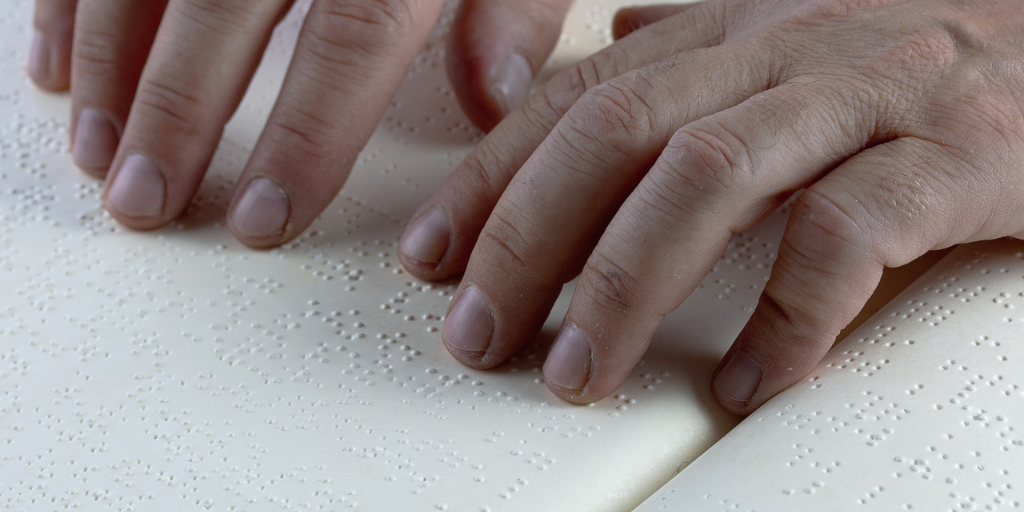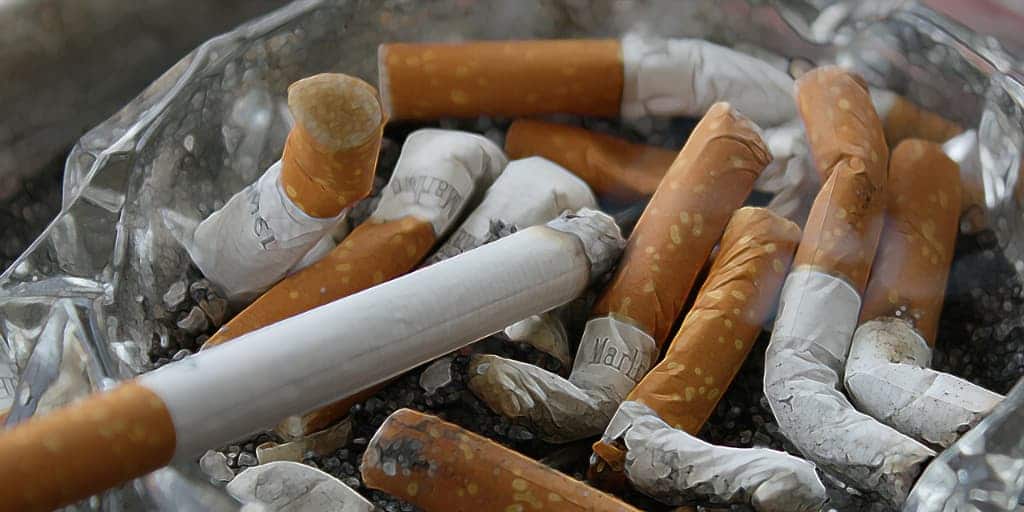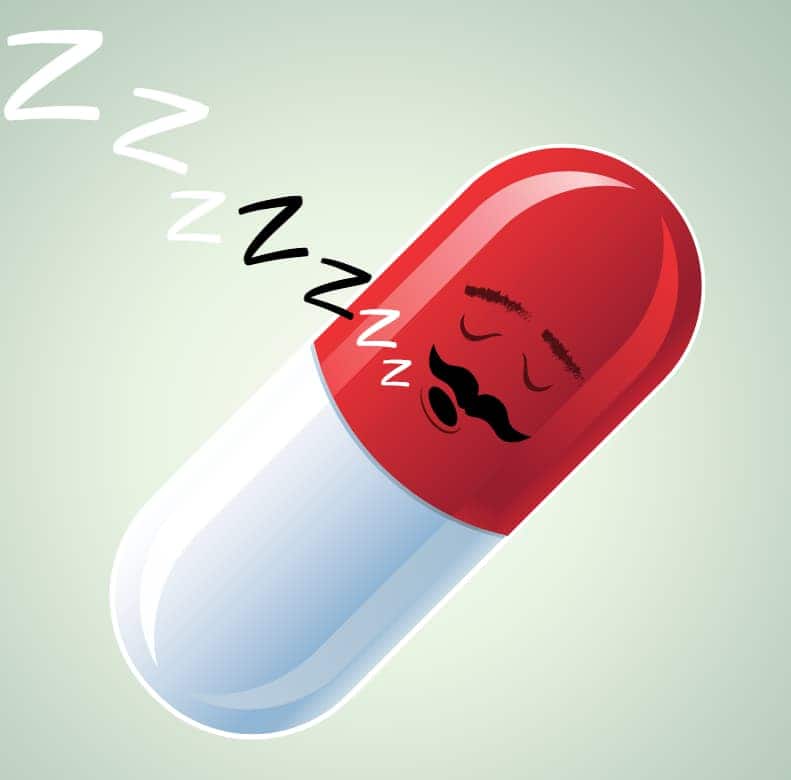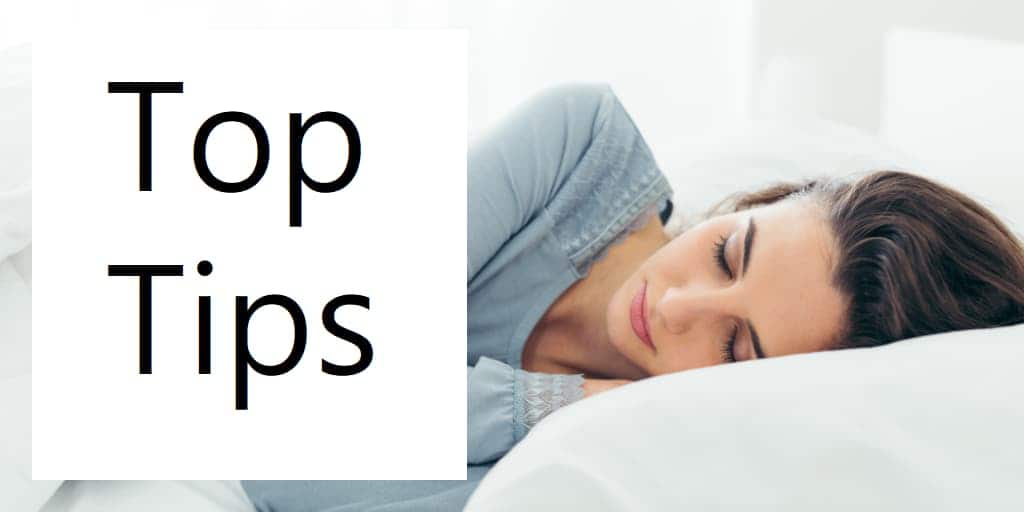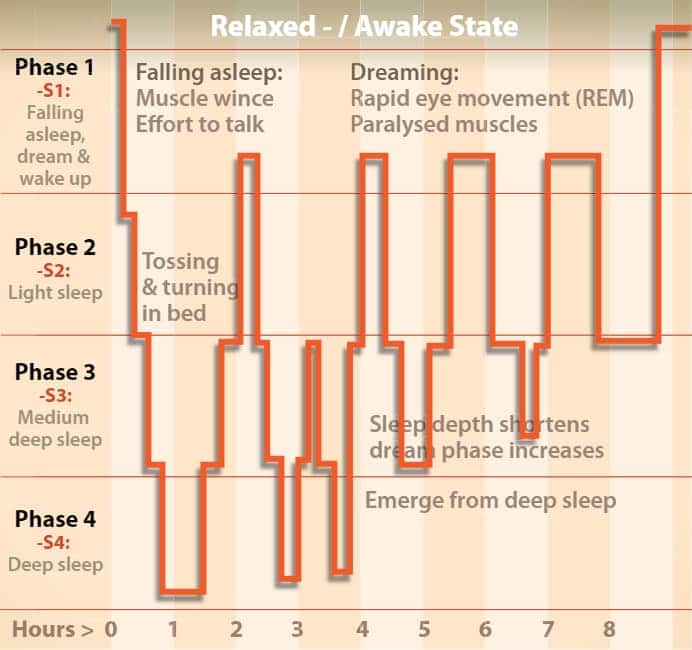Sleep
What are the best methods to improve sleep quality during menopause?
Many women report disturbed sleep during perimenopause and menopause. This often includes difficulty falling or staying asleep and waking through the night or very early in the morning. There are many possible contributing factors during this period, including: To improve sleep during perimenopause and menopause, the contributing factors that are specific to you will need……
Read MoreThe impacts on circadian rhythm and melatonin production in visually impaired people
Light is captured through photoreceptors in the eyes which transmit this to the suprachiasmatic nucleus (SCN), or internal body clock, via a dedicated neural pathway. Each day the light-dark cycle resets the internal clock, which in turn synchronizes physiological and behavioural patterns known as our circadian rhythms. People who are visual impaired with no perception……
Read MoreOptimising sleep for night shift
In a 2018 article in the British Medical Journal (BMJ 2018;360:j5637 doi: 10.1136/bmj.j5637 [Published 1 March 2018]) the topic of optimsing sleep for night shift was covered with the aim to provide sleep management skills for the individual. The article presents the best evidence from trials, guidance material and expert opinion, but outlines the limited……
Read MoreHow does alcohol affect sleep
Alcohol is a depressant that slows the nervous system down. It impacts on the quality of the naturally occurring sleep cycles, and can increase sleep disturbance. Some people will say, “alcohol helps them sleep.” This is true to a point! But it is also counter-productive. The figure below illustrates how alcohol affects sleep (red line).……
Read MoreHow does caffeine affect sleep
Caffeine stimulates the central nervous system and can artificially stimulate your senses, which makes you more alert. Peak alertness levels are generally reached 30-60 minutes after consumption. If too much is consumed, or it is consumed too close to bedtime, it can interfere with your ability to sleep by keeping you awake and disrupting naturally……
Read MoreSmoking and sleep
Nicotine can hamper a person’s ability to fall asleep or get good quality sleep. Studies have shown that the average smoker gets 30 minutes less sleep compared to non-smokers. Trouble getting to sleep after a cigarette is likely due to the stimulatory effect of nicotine. Nicotine withdrawal during later sleep periods may also affect sleep……
Read MoreSleep medication
Sleeping medication may be helpful to overcome short term needs or significant life events, such as grief or high stress events. Sleeping medication can be used to improve sleep quantity and quality but should only be used for short periods to avoid dependency, as dependency will only lead to longer term sleep problems. It is……
Read MoreTop 10 sleep tips
Poor sleep habits have often been reinforced over many years. The good news is that there are some common things you can do that will improve your sleep hygiene. Different things may work for different people. The main thing is to try not to worry about not getting enough sleep. The odd poor night’s sleep……
Read MoreAn introduction to sleep
Sleep is common throughout the animal kingdom. We do know there is still a lot to be leaned about sleep, despite considerable research. All animals require sleep and no permanent non sleeping species exists. Even plants and bacteria have a regular period of rest and inactivity. Humans spend one-third of their lives sleeping. Far from……
Read MoreHow sleep works
Good sleep helps us wake up feeling refreshed and alert for our daily activities. Sleep affects how we look, feel and perform on a daily basis. If sleep is cut short, the body doesn’t have time to complete all of the phases, which can leave us feeling drowsy, tired and fatigued. IMPORTANTExperts have warned that……
Read More

